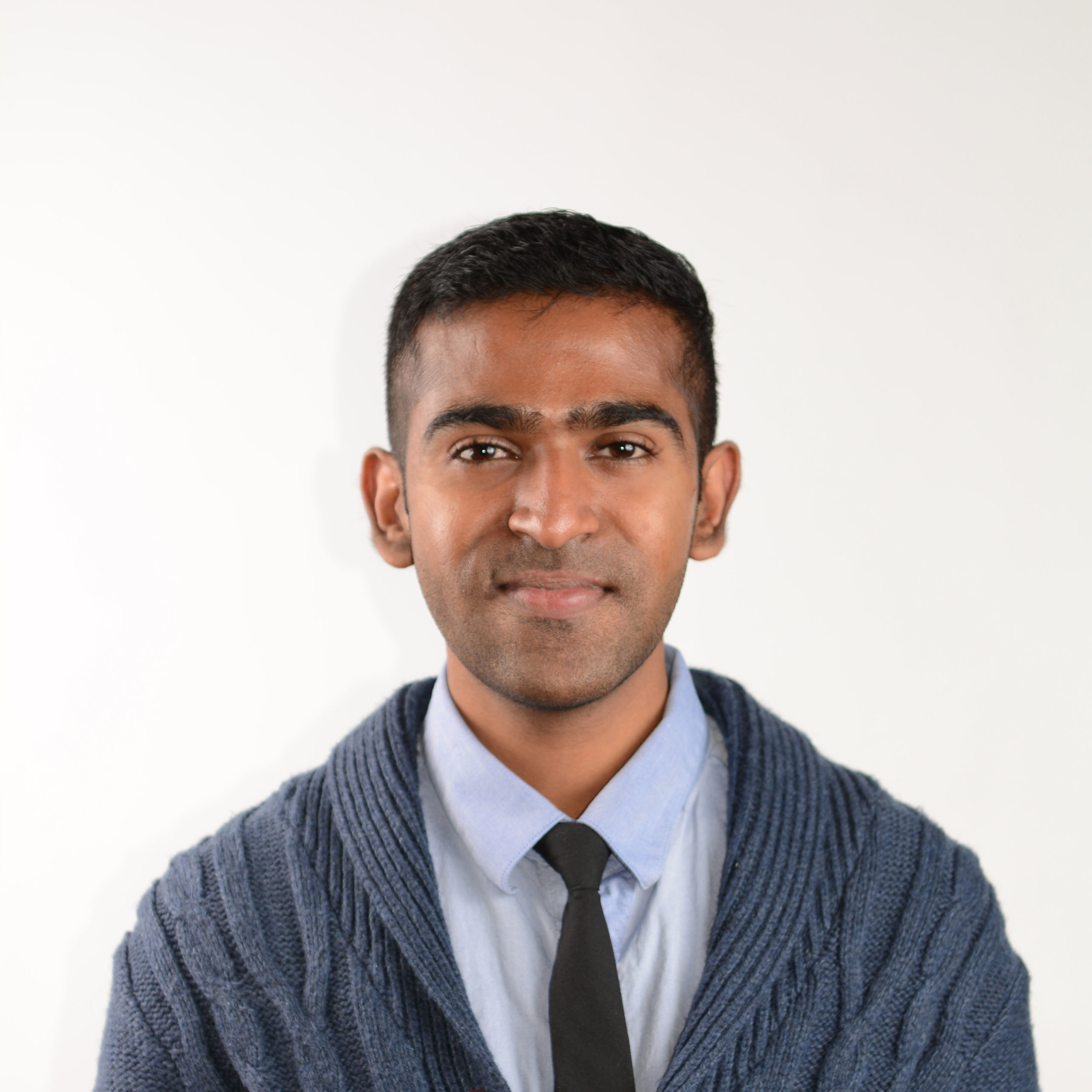A diversity of perspectives leads to better understanding and better care. Yet, in Canada, women continue to be underrepresented at all levels of the health sciences field. In fact, only 28% of Canada’s scientists are women, and women from diverse communities are barely represented.
The Emily Stowe Society, a revolutionary new scholarship and awards program at Women’s College Hospital, is helping to close this gap. Launched in 2020 with generous donor support – including a $1M pledge from KPMG – the Emily Stowe Society is helping to engage, retain and advance individuals from underrepresented communities across all stages of their research careers.
This year, funding from the Emily Stowe Society supported its inaugural cohort of students to participate in the Summer Student Research Program at Women’s College Research Institute.
We sat down with three of this year’s recipients to learn more about their research and how they hope to contribute to the future of health sciences in Canada.
ALEXA FINE
Third-year medical student, Queen’s University.
Since starting medical school, Alexa has developed a great interest in women’s health. In the Summer Student Research Program at Women’s College Research Institute (WCRI), she worked closely with her supervisor, Dr. Iliana Lega, staff endocrinologist and WCRI scientist, to investigate premature ovarian insufficiency – a condition that occurs when a person’s ovaries stop functioning properly before age 40.
Similar to menopause, individuals with this condition face health issues that must be managed, including bone mineral density concerns, and an increased risk of osteoporosis and fractures.
Alexa’s research involved a literature review investigating which estrogen-based hormone therapy treatments are optimal for preserving bone mineral density.
Alexa found that few studies specifically investigated which hormone therapy treatment options worked best. Of the 1,227 studies reviewed, only five directly compared different types of hormone therapies to one another – a gap that highlights the need for additional research.
ASHWINIE SIVAKUMAR
Third-year Doctor of Pharmacy student, University of Toronto.
In the Summer Student Research Program at Women’s College Research Institute (WCRI), Ashwinie worked closely with her supervisor, Mina Tadrous, adjunct scientist with WCRI, to investigate two key areas: drug spending over the past 20 years, and trends in complaints and disciplinary cases against pharmacists in Ontario.
Though thousands of medications are prescribed annually across Canada, the top 25 make up a large majority of drug spending. Ashwinie’s work found that there has been a significant shift in spending, due in large part to new therapies for cancer and inflammatory conditions like arthritis.
To investigate complaints against pharmacists, Ashwinie used data from the Ontario College of Pharmacists to understand whether variables related to the pharmacist’s identity impacted the kinds of complaints they received. She found that there is little to no data available about how marginalized communities are treated in pharmacy – an important gap that requires further research.
HANNAH COYLE-ASBIL
First-year PhD student in biomechanics, University of Guelph.
Hannah’s research interests centre around movement behaviours – like sleep and physical activity – and tracking those behaviours in various populations. Using wearable technology, Hannah is exploring how to better understand the relationship between movement and health outcomes.
In the Summer Student Research Program at Women’s College Research Institute (WCRI), she worked closely with her supervisor, Dr. Mandeep Singh, anesthesiologist and sleep medicine specialist at Women’s College Hospital, to explore projects related to sleep health, and how it can be appropriately tracked in patients.
One project was the TRANQUiL (TRANSlating Sleep Health Into QUaLity of Recovery) study, led by Dr. Singh. Patients receive an actigraphy device – essentially a medical-grade Fitbit – to track different aspects of their sleep pre- and post-surgery. Hannah’s role involved analyzing the actigraphy data to inform the study. The study aims to evaluate and optimize sleep health of patients in a perioperative setting, with the hope of improving quality of recovery and health outcomes post-surgery.




